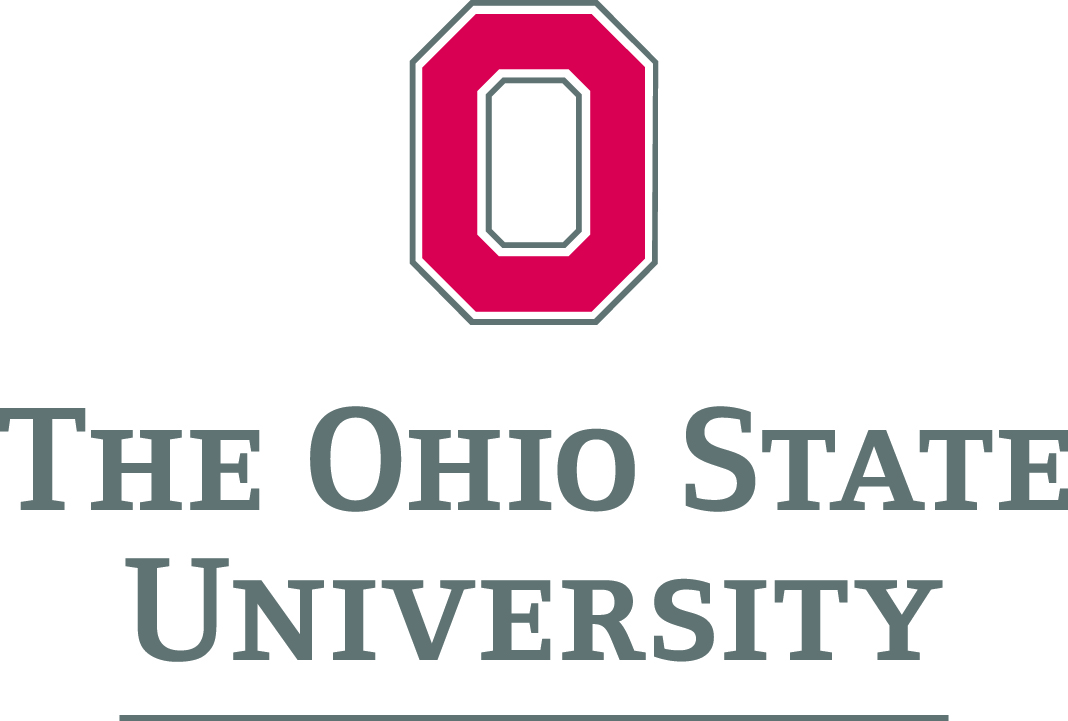Contact: Moon Chen, (614) 293-3908
Written by Darrell Ward, (614) 292-8456
[email protected]
Ohio State Researcher Will Lead National Anti-Cancer Effort for Asian Americans
COLUMBUS, Ohio, April 6 -- An Ohio State University researcher has been selected to lead the first ever national research effort aimed at reducing cancer among Asian-Americans in the United States.
Moon S. Chen, Jr., professor of health behavior and health promotion in the The Ohio State University School of Public Health, has accepted a $7.6 million cooperative agreement from the National Cancer Institute (NCI) to lead a five-year program, known as the Asian American Network for Cancer Awareness, Research, and Training (AANCART), which includes five other major cancer centers. The NCI announced the grant today (April 6) at a news conference in Washington.
Asian Americans are often thought to be at low risk of developing cancer, but that perception is dead wrong.
The percentage increase in Asian Americans who are dying of cancer is growing faster than for any other racial group, for example. Cancer is the leading cause of death in Asian-American women, the only population group in the U.S. for which this is true, and cervical cancer occurs five times more often in Vietnamese-American women than in Caucasian women.
At the same time, many of the cancers that hit Asian Americans hardest are highly preventable.
That is the message that Chen wants to bring to Asian Americans across the country.
"This is the first-ever national cancer-control research initiative targeted specifically at Asian Americans, and it brings together a dream team of cancer researchers, clinicians, and community leaders," said Chen, who is principal investigator on the project and a member of the Cancer Prevention and Control Program at Ohio State's Comprehensive Cancer Center.
The other centers are Dana-Farber Cancer Institute (Harvard University, Boston), Columbia University (the Herbert Irving Comprehensive Cancer Center, New York City), Fred Hutchinson Cancer Research Center (University of Washington, Seattle), University of California, San Francisco (Northern California Cancer Center), and Jonsson Comprehensive Cancer Center (University of California, Los Angeles).
Collectively, nearly half of all Asian Americans in the United States live in the cities that host these centers.
The researchers face a difficult challenge: Asian Americans encompass more than 30 different ethnic groups and 800 different languages and dialects.
"We have people in this project who have worked with Chinese, Vietnamese, Cambodian, Filipinos, and South Asians," said Chen, who also has a long history of prevention research in Asian-American communities.
While the number one and two cancer killers among Asian Americans are lung and colorectal cancers, as they are in the white population, the number three cancer killer for Asian Americans is liver cancer.
"Liver cancer is almost invariably fatal," said Chen, "but liver cancer is usually caused by hepatitis B infection, and we have a very effective vaccine against it, if we can get the vaccine to people early enough."
Likewise, deaths due to cervical cancer could be reduced in Vietnamese women through wider use of pap tests. The challenge here is to improve early detection and to overcome cultural barriers to cancer screening.
During the five-year period, the project will develop cancer awareness and prevention programs targeted to specific groups of Asian Americans. In addition, it seeks to increase the number of Asian Americans participating in clinical and prevention trials, train more Asian-American health workers in community cancer prevention, and develop and implement grant-funded research that will reduce the burden of cancer among Asian Americans.
Each regional center will also have particular areas of emphasis. The center in Columbus will develop interventions for use at other sites and serve as a data-management and statistical center.
"The fact that we have a faculty member who has the stature and the expertise to lead this multi-university effort is a great tribute to both Dr. Chen and to the institution," said Ronald St. Pierre, dean of Ohio State's School of Public Health. "It does indeed fit the mission of the School of Public Health, the College of Medicine, and the Medical Center, and we're going to do all we can to make it successful."
Clara Bloomfield, director of Ohio State University's Comprehensive Cancer Center, agreed. "This cooperative agreement addresses a population of Americans that has long been overlooked in cancer prevention efforts. I'm proud that Dr. Chen has a leadership role in this initiative."
-30-
